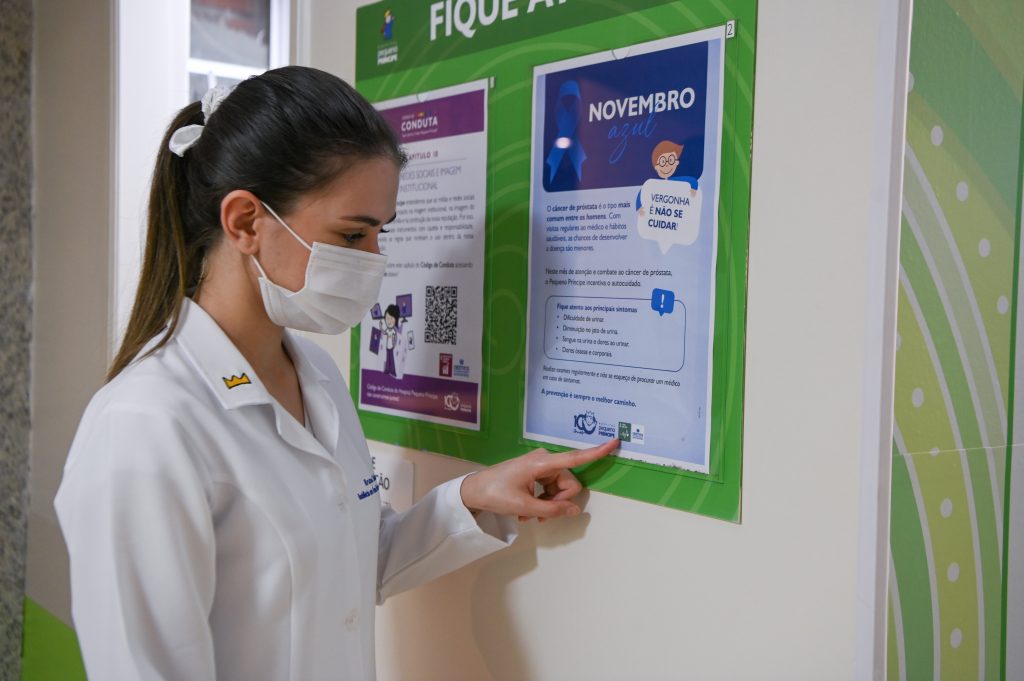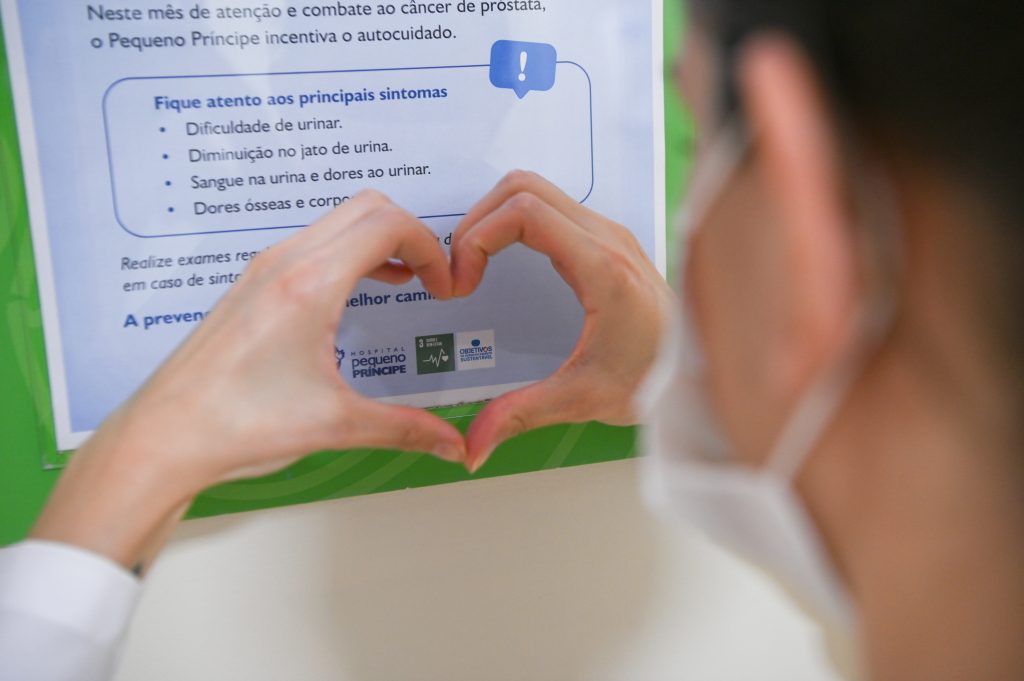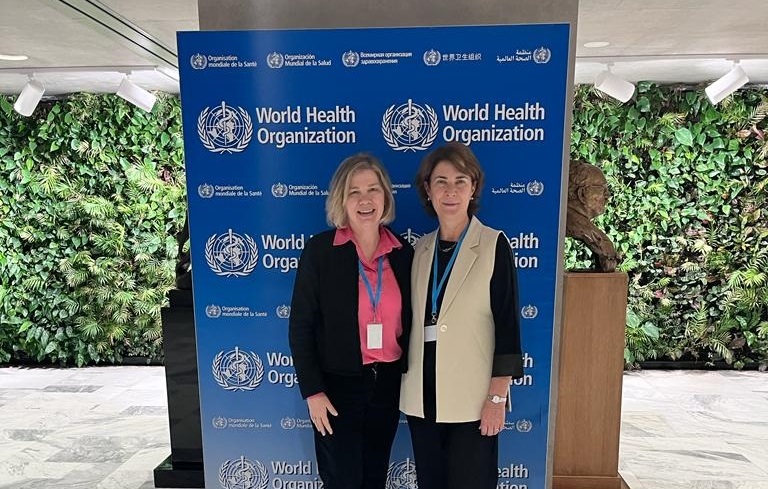Pequeno Príncipe Complex reports to the Global Compact
The Communication and Engagement Report (COE) demonstrates the actions carried out by the institution in favor of the compact’s principles

In October, the Pequeno Príncipe Complex presented its Communication and Engagement Report (COE), an instrument aimed at organizations without business activities. It demonstrates compliance with the commitments assumed as a signatory of the Global Compact. By being a part of the compact, the Pequeno Príncipe undertakes to:
- Participate in Global Compact Network activities.
- Integrate corporate sustainability networks.
- Involve investors and suppliers in the topic.
- Internalize the principles of the compact.
- Provide comments on reports from companies that signed the compact.
The special advisor to the board Thelma Alves de Oliveira, who coordinates initiatives in the area, explains that the institution’s most significant emphasis was on internalizing the principles of the compact. “Throughout the reporting period, we strongly publicized to our employees the different SDGs [Sustainable Development Goals] we contribute. All of our communications began to replicate the SDG seal related to the initiative publicized, highlighting the compromise and the engagement of each employee in making this world a better place to live to everyone,” she states.
The Global Compact has another instrument for monitoring goals, which is the Progress Communication (Cop, abbreviation in Portuguese), aimed at organizations in the second sector and which addresses commitments related to governance, human rights, labor, environment, and anti-corruption. “Even though it didn’t apply to Pequeno Príncipe, we filled out the Cop request form for our self-assessment. This way, we could see in which areas we are strengthened, and we also identified opportunities for improvements in our management,” points out Thelma. The opportunities identified are now part of the area’s strategic planning so that the institution can contribute even more effectively to promoting sustainable growth and citizenship.
Click here to read the full document.

Confoco
Another highlight of Pequeno Príncipe’s expanded social action was the election to form the National Council for Development and Collaboration (Confoco, in Portuguese). The institution was selected based on a public notice, which chose 20 civil society organizations (CSOs), networks, and movements to form the group. Among those elected, Pequeno Príncipe is the only organization dedicated exclusively to children and adolescents and the only one based in the Brazil’s Southern Region. In addition to the civil society institutions with the best scores in the selection, another 20 representatives linked to the federal government are also part of the body.
Pequeno Príncipe was among the top three in the “Effectiveness of Public Policies” category and will work alongside critical social institutions in Brazil. Among them are the Group of Institutes, Foundations, and Companies (GIFE), the National Forum of Philanthropic Institutions (Fonif), and the Brazilian Association of NGOs (Abong).
For the selection, some criteria were evaluated, including the execution of projects without and with partnerships with the public administration, diversity of the public assisted, plurality of public policies implemented, territorial coverage, and leading roles in strengthening civil society. The Pequeno Príncipe Complex stood out as a member of child and adolescent rights forums and councils for acting on the platform and articulating the Regulatory Framework for Civil Society Organizations (MROSC, in Portuguese); involvement with the third sector network; and through partnerships with companies, government, and other civil society organizations. The diverse audience included PcDs and the indigenous population.
“Our institution has always worked to guarantee the rights of children and adolescents. Social mobilization is also part of our mission. Joining this nationwide body is very important for us to expand our operations further and continue our social contribution, with effective participation in the discussions and construction of public policies aimed at children and young people,” highlights the executive director of the Pequeno Príncipe Hospital, Ety Cristina Forte Carneiro.
More
Pequeno Príncipe is part of the Global Influenza Hospital Surveillance Network
The only Brazilian hospital to be part of the group, the institution monitors the prevalence of influenza and other respiratory viruses, contributing by sending data to the WHO to define the composition of new flu vaccines
Pelé Pequeno Príncipe Research Institute opens new unit
In addition to the current spaces, the third structure will have seven laboratories and large equipment
After the fire in the outpatient clinic, Pequeno Príncipe estimated damage of over US$ 1 million
The Hospital has created a specific donation channel for anyone who wants to contribute to the reconstruction and improvements of the space dedicated to children fighting cancer









